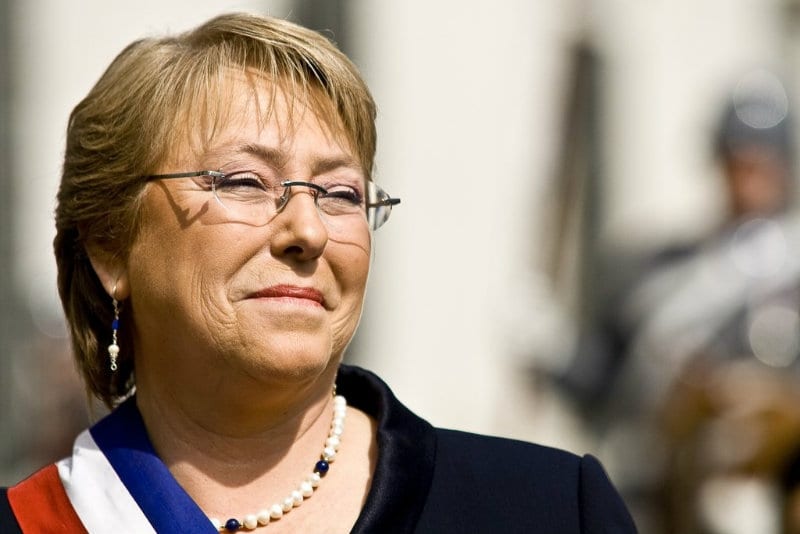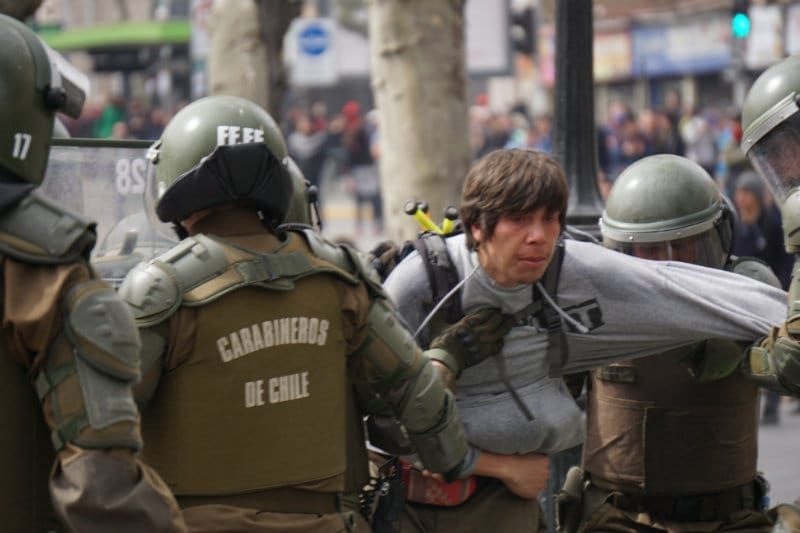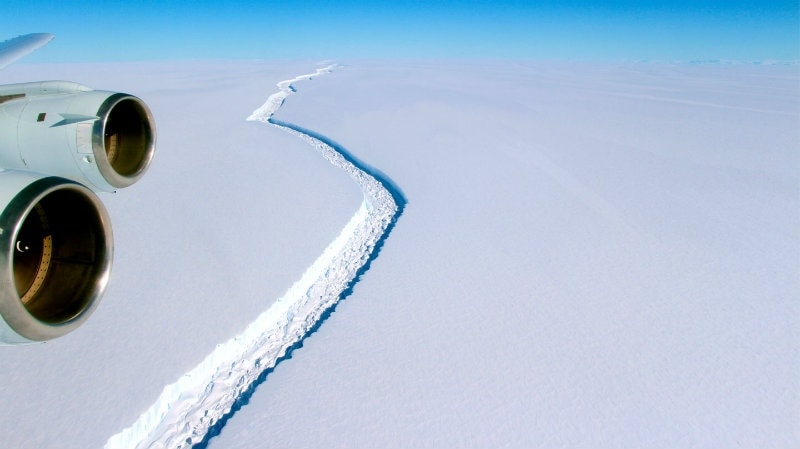
SANTIAGO – President Michelle Bachelet has asked for forgiveness from Chile’s indigenous Mapuche people for “errors and horrors” committed by the state, promising to give them more power and resources.
Speaking from La Moneda presidential palace in the capital city of Santiago on Friday, Bachelet conceded that “we’ve failed as a country.”

Extending a formal apology, she also announced to submit a proposal to Congress which seeks to create a ministry for indigenous people.
“I want, solemnly and with humility, to ask forgiveness from the Mapuche people for the errors and horrors committed or tolerated by the state in our relation with them and their communities,” she added.
Activists Rally to Save Santiago’s Most Important River
Cash would be dedicated to building roads and providing drinking water in remote areas, as well as programs to more rapidly transfer land to indigenous people that they claim as their ancestral home, she said.
A ministry for indigenous affairs will also be set up, she announced.
Around 600,000 Mapuche live in Chile, many in the forested, hilly provinces of Araucania and Bio Bio, roughly 400 miles south of Santiago.

Ever since the Chilean army invaded the territory of the Mapuche in a brutal campaign in the late 1800s, Mapuche relations with the state and settlers of European descent have been fractious.
The Mapuche accuse the state and private companies of taking their ancestral land, draining its natural resources, and using undue violence against them. Their communities are among the poorest in Chile.
President Bachelet pledges same-sex marriage in final year
In recent years, acts of arson against forestry companies and other industries, often attributed to disgruntled Mapuche, have accelerated in the region.
While Bachelet’s announcement will likely draw support from some Mapuche and elements of her base, it may not be welcomed by industry groups and tough-on-crime conservatives in Chile’s divided south. Several congressmen from Araucania and Bio Bio did not attend Bachelet’s ceremony in protest.

The new measures closely follow an announcement by the Vatican that Pope Francis will visit Chile in 2018, a trip that will include a visit to the heavily Mapuche city of Temuco.
“We will have, I hope, good news to give him,” Bachelet said.



